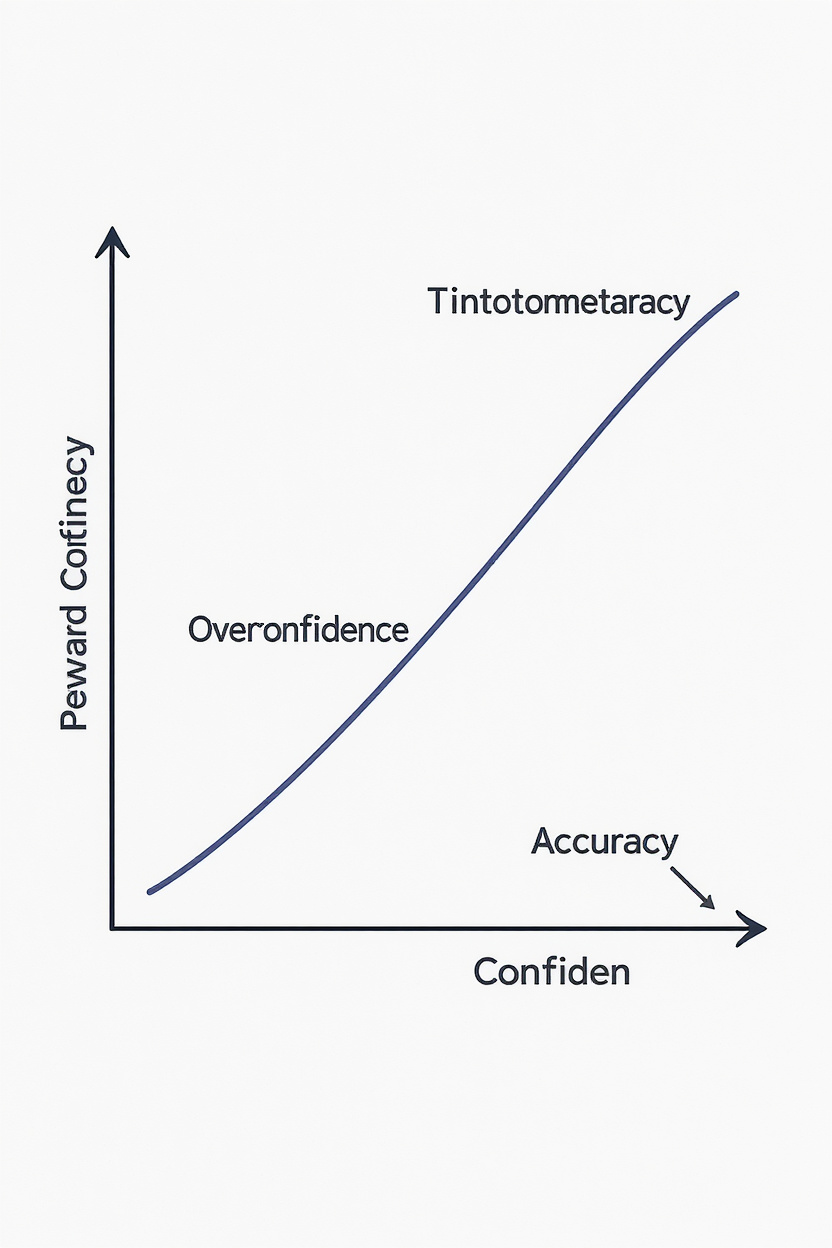“Silicon Valley Billionaires Enter Full-Blown Midlife Crisis After China’s Budget AI Outsmarts Their Precious Algorithms”
In a development that can only be described as a tech bro’s worst nightmare, China’s DeepSeek R1 has sent Silicon Valley’s elite spiraling into what experts are calling “an existential meltdown with Wi-Fi.” The AI model, developed on what America’s tech leaders sneeringly refer to as a “ramen noodle budget,” has vaulted to the top of app download charts and wiped a breathtaking $1 trillion off the stock market faster than anybody could say “disruptor.”
The Western world’s reaction to this AI revelation? Pure, unadulterated panic, perfectly calibrated with their already simmering doomsday neuroses about tech, geopolitics, and a future where they might actually have to share the monopoly on high-functioning digital egos.
“This isn’t just an AI breakthrough, it’s a cultural violation,” sobbed Kevin Ipsum-Fitzgerald, a tech PR strategist clutching his MacBook like it’s a therapy dog. “We’ve painstakingly curated a narrative that Silicon Valley is the only place smart people live. First, they took TikTok, and now this?”
DeepSeek R1, the brainchild of a Chinese AI subsidiary birthed by a hedge fund delightfully named High-Flyer, has done the unspeakable: It has matched the capabilities of Silicon Valley’s overfunded, kombucha-fueled creations without requiring $10 billion in funding, a TED Talk circuit, or timeouts for “team yoga.”
But while DeepSeek’s achievements are impressive, the real revelation is what they’ve exposed about the West’s current identity crisis, packaged as a tech tantrum. In true performative fashion, Silicon Valley influencers immediately took to Twitter (which some still insist on calling “X” because *branding*) to warn humanity that “China’s AI” was not just groundbreaking but potentially apocalyptic.
“Honestly, the Chinese don’t know the rules,” claimed Montgomery T. Blockchain, a guy whose real name no one remembers because his LinkedIn bio is just buzzwords. “You’re supposed to spend billions on dumb sh#$t before releasing anything useful. Where’s their decade of producing nothing but slightly thinner phones? This is cheating.”
DeepSeek CEO Liang Wenfeng, labeled in the West as “the guy who ruined the vibe,” however, has a far simpler explanation. In an interview last November, he said the project wasn’t about profits but “passion and curiosity.” Clearly, Silicon Valley heard this as a personal attack; they’ve been unable to locate “passion” and “curiosity” ever since their IPOs launched.
“If you ask me,” offered self-proclaimed futurist Glenda Humblebrag (author of *AI Will Save Us If We Save It First*), “the West isn’t scared of Chinese AI. It’s scared that the next tech revolution might not include brunch.”
Meanwhile, billionaire venture capitalists marched into crunch-mode crisis meetings, deploying all the emergency protocols one might expect from men whose yachts are now considered “less impressive.” Here in California, an ironic new startup was already incinerating venture capital funds in an effort to develop AI *about* AI that perhaps could outthink this AI—but only after securing approval from no less than Elon Musk’s Twitter poll followers.
Cringe-worthy Western hypochondria aside, tech insiders are worried about their own job security. “When Liang said they did this on a shoestring budget,” whispered an anonymous Silicon Valley coder from the depths of an $8 cappuccino purchase, “I felt personally attacked. My bonuses alone could fund their entire R&D!”
Not to be outdone, the West has, of course, responded the only way it knows how: slapping executive orders on exports, boycotting obscure Chinese products, and issuing vague statements filled with words like “global stability” and “mutual respect,” which roughly translates to, “GOD HELP US!”
As analysts continue losing their shit over what they hilariously call the “AI space race,” actual humans continue to wonder aloud if maybe, just f#&%ing maybe, companies could point their overachieving Gordon Ramsay-level AI efforts at, say, fixing climate change or healthcare.
But for now, rest easy: The West’s tech bros are focused on far more important matters. Like quintupling their R&D budgets, deploying another 12,000 AI think tanks to write doomsday op-eds, and ensuring that the next big “innovation” allows us to use AI to make coffee 0.04 seconds faster. Take that, China.





